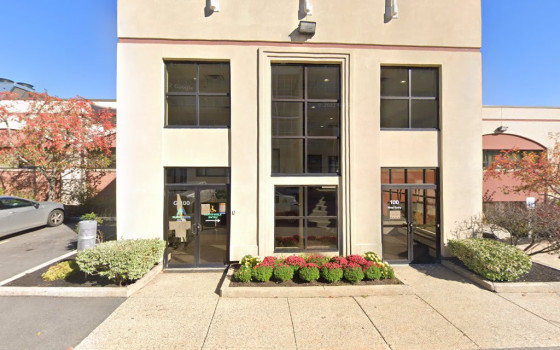
Martin Beaudin, CPA, MST
Reviews Summary
About This Listing
Who Can Work with a CPA?
*Note: CPAs may specialize in different areas. Be sure to check credentials and service offerings.*
First-Time Clients
If this is your first time working with a CPA, don’t worry — most professionals offer a free consultation and will walk you through what to expect. You may be asked to complete an intake form, share financial documents, or set clear goals for your session.
What to Know Upfront:
*Note: Every CPA operates a bit differently. Don’t hesitate to ask questions before committing.*
What to Bring
*Tip: Organize your documents in advance to save time and ensure accuracy.*
Preparing for Your Appointment
*Note: Preparation helps you make the most of your CPA’s expertise.*
How to Get Started
Other Helpful Info
*Note: Every CPA is different — take time to find one who fits your goals and style.*
Features
Contact Information
Address
100 Tradecenter Dr Suite G-700
Woburn, Massachusetts 01801
Phone
+1 781-569-5077Hours
Customer Reviews
I've been a client of Martins for about 10 years. I cannot speak more highly of him. I am a creative freelancer and sometimes I have questions about complicated and obscure things relating to my taxes and he always comes up with the best answers. He is a wealth of knowledge, very professional, and friendly. I highly recommend Martin Beaudin!
Master in Taxation, he has been my accountant since 1985. Marty has my strong recommendation , he has represented me very well over the years.
I Have been a client of Martin Beaudin for 27 years. During this tine I worked in Corporate Finance, Venture Capital and the U.S. Government. I have referred numerous new clients to him and every single one of them, including me is impressed with is work ethic, extensive knowledge, attitude and integrity. He knows his stuff and goes beyond the call of duty for clients. Further, he set up a TV/Computer system in his office whereby the client can watch on the screen while he explains their taxes whic
Marty helped me rectify issues from my prior accountant and save me money. He is a world of knowledge.
Martin is a very knowledgeable, experienced professional!!